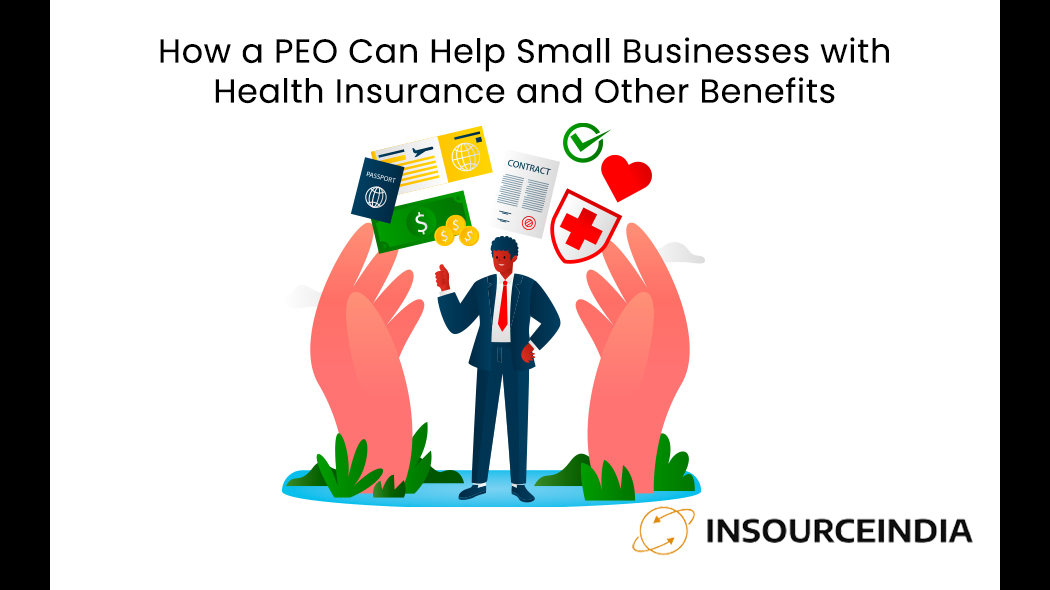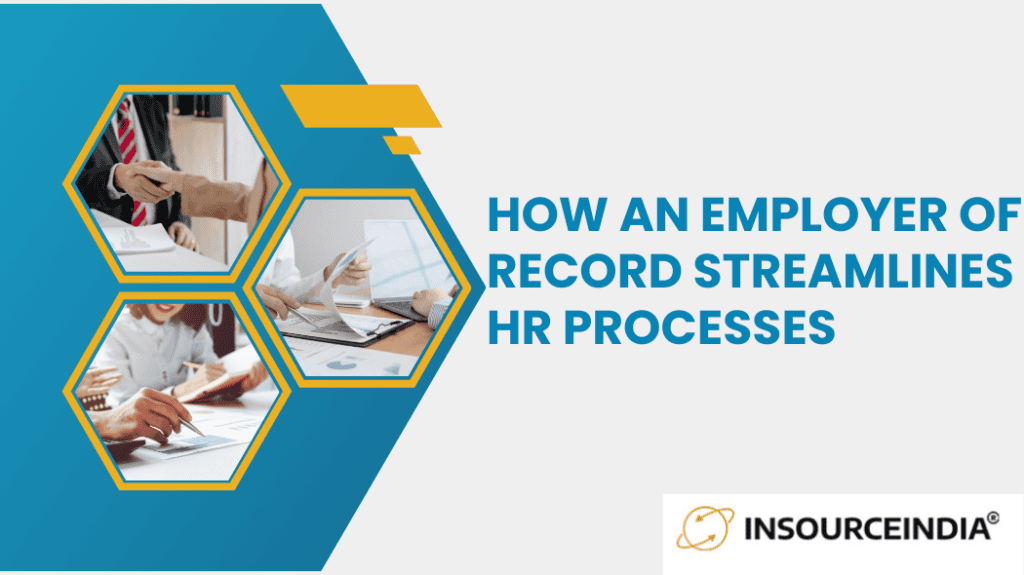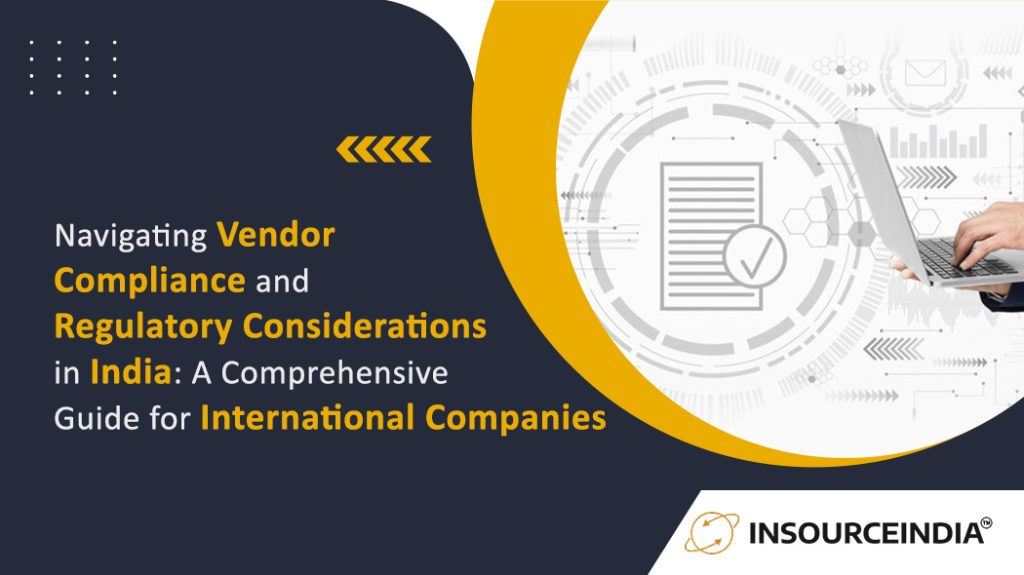Small businesses often face numerous challenges, particularly when it comes to providing competitive employee benefits packages. As an employer, it’s essential to attract and retain top talent by offering comprehensive health insurance and other benefits. However, managing these benefits can be complex, time-consuming, and expensive for small businesses. This is where a Professional Employer Organization (PEO) can be a valuable partner.
In this article, we will explore how a PEO can assist small businesses in navigating the intricacies of health insurance and other benefits.
 1. Simplified Benefits Administration:
1. Simplified Benefits Administration:
One of the significant advantages of partnering with a PEO is the simplified administration of employee benefits. PEOs have extensive expertise in managing benefits programs and can streamline the process for small businesses. They handle tasks such as enrolment, eligibility tracking, employee inquiries, and compliance with federal and state regulations. By taking these responsibilities off your plate, a PEO allows you to focus on core business operations.
- Expert guidance and industry expertise for effective benefits management.
- Streamlined enrolment processes for easy employee participation.
- Accurate eligibility tracking and management to ensure employees receive entitled benefits.
- Centralized benefits administration for streamlined communication and coordination.
- Compliance management to adhere to changing regulations and avoid penalties.
- Dedicated employee support and education for better understanding and utilization of benefits.
 2. Access to Affordable Health Insurance Plans:
2. Access to Affordable Health Insurance Plans:
Health insurance is a critical component of any comprehensive benefits package, but it can be challenging for small businesses to find affordable options. PEOs leverage their purchasing power and collective bargaining to negotiate competitive rates with insurance providers. As a result, small businesses that join a PEO can access a wider range of health insurance plans at more favourable rates. This not only helps attract top talent but also ensures that employees have access to quality healthcare coverage.
- Leverage PEO’s purchasing power for competitive rates on health insurance plans.
- Access a wider range of health insurance options not typically available to small businesses.
- Benefit from negotiated rates and cost savings through the PEO’s collective bargaining.
- Provide employees with quality healthcare coverage at more affordable rates.

In addition to health insurance, PEOs can provide access to a broader array of benefits that small businesses may not be able to offer on their own. These can include dental and vision plans, retirement savings programs, life and disability insurance, flexible spending accounts, employee assistance programs, and wellness initiatives. By expanding the benefits portfolio, a PEO enables small businesses to compete with larger organizations in terms of attracting and retaining talented employees.
- Expand benefits portfolio beyond health insurance to include dental, vision, retirement savings programs, and more.
- Access a broader array of benefits that may not be feasible for small businesses to offer independently.
- Provide a comprehensive benefits package to attract and retain talented employees.
- Offer additional perks such as life and disability insurance, flexible spending accounts, employee assistance programs, and wellness initiatives.

Navigating the complex landscape of employee benefits regulations can be overwhelming for small businesses. PEOs are well-versed in these regulations and ensure that your benefits programs comply with federal, state, and local laws. They stay up to date with changes in legislation, handle necessary reporting and paperwork, and assist with compliance audits. This expertise helps mitigate the risk of costly fines and penalties for non-compliance.
- Ensure compliance with federal, state, and local regulations related to employee benefits.
- Stay up to date with changing laws and regulations, reducing the risk of non-compliance.
- Handle reporting, disclosure requirements, and paperwork associated with benefits compliance.
- Mitigate the potential for fines, penalties, and legal issues by maintaining compliance with regulations.

Offering comprehensive benefits through a PEO can significantly enhance the overall employee experience. PEOs typically provide dedicated support teams to address employee inquiries, offer educational resources, and resolve benefit-related issues promptly. This level of support demonstrates your commitment to the well-being of your employees, increasing job satisfaction, and boosting morale.
- Demonstrate commitment to employee well-being through comprehensive benefits offerings.
- Provide dedicated support teams to address employee inquiries and concerns.
- Enhance job satisfaction and morale by offering valuable benefits.
- Show employees that their needs are valued and prioritized through efficient benefits management.
Small businesses face unique challenges when it comes to providing health insurance and other benefits. Partnering with a PEO can alleviate these challenges by simplifying benefits administration, providing access to affordable health insurance plans, expanding the benefits offerings, ensuring regulatory compliance, and enhancing the overall employee experience. By leveraging the expertise and resources of a PEO, small businesses can compete effectively in the talent market while maintaining their focus on core business operations. If you’re a small business owner looking to offer attractive benefits packages, a PEO could be the solution you’ve been searching for










